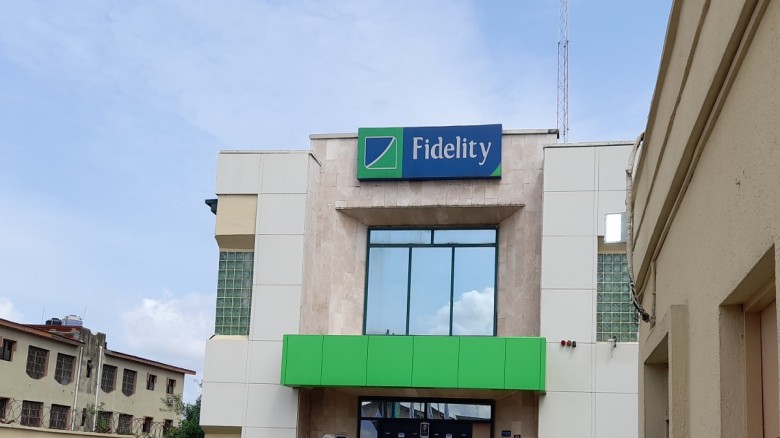Kenya clears Moniepoint’s acquisition of Sumac Microfinance Bank
The Competition Authority of Kenya has authorized Nigerian fintech company Moniepoint to take over a 78% share in Sumac Microfinance Bank, representing a major move for Moniepoint in entering Kenya's closely regulated banking industry.
However, this agreement is still pending final approval from the Central Bank of Kenya. If finalized, it will provide Moniepoint with a strategic position in Kenya's thriving mobile payments sector, estimated to be worth $67.3 billion (KES 8.7 trillion).
This latest development follows Moniepoint's unsuccessful attempt five months ago to purchase the Kenyan payments firm KopoKopo, which fell through for undisclosed reasons. The fintech is now opting for a different approach—acquiring an already licensed entity—to circumvent the lengthy and often unpredictable regulatory approval process that foreign companies typically encounter.
In a statement issued by CAK on Monday, they indicated that the acquisition is not anticipated to have any adverse effects on public interest. “In particular, there will be no job losses, and all existing employees will remain under their current conditions,” the authority stated. “Based on the aforementioned points, the authority has unconditionally approved the proposed acquisition of 78% shareholding in Sumac Microfinance Bank Limited by Moniepoint Inc.”
Founded in 2002 as a small investment group, Sumac became a licensed microfinance bank in 2012. It provides various services, including SME loans, savings, money transfers, and foreign exchange trading. According to the most recent figures, Sumac has assets amounting to $8.1 million (KES 1.05 billion), with 43,800 active loan accounts and a 2.8% share of the microfinance market, classifying it as a medium-sized institution according to CBK guidelines.
Established in 2015 by Tosin Eniolorunda and Felix Ike, Moniepoint is based in the U.S. and primarily operates in Nigeria but has no previous presence in Kenya. Acquiring Sumac would establish its first operational presence in East Africa.
As more fintech companies aim to enter African banking markets, acquiring local licensed players has become a favored strategy, facilitating quicker market access and regulatory conformity in an increasingly digitizing financial environment.
























Leave A Comment